Camizestrant Improves PFS in Patients with HR+/HER2– Breast Cancer
Treatment with camizestrant, a next-generation selective estrogen receptor degrader, improved progression-free survival in comparison to fulvestrant for patients with HR-positive/HER2-negative breast cancer, according to phase 2 study results presented at SABCS 2022.
Endocrine therapy remains a standard-of-care for patients with HR-positive/HER2-negative breast cancer, but many patients ultimately develop resistance to these drugs. In addition, newly acquired mutations in the ESR1 gene commonly accompany treatment resistance.
ESR1-mutated tumors have constitutive activation of the estrogen receptor and poor prognosis, so they require novel therapeutic options. Oral selective estrogen receptor degraders have the potential to suppress the growth signaling caused by a constitutively activated estrogen receptor; this is especially important for tumors with ESR1 mutations.
The researchers compared fulvestrant, which is currently the only FDA-approved selective estrogen receptor degrader, to camizestrant in the SERENA-2 clinical trial. The study enrolled 240 patients, and data from 220 patients available for the current analysis.
The researchers randomly assigned patients camizestrant at a daily dose of 75 mg (n = 74) or 150 mg (n = 73) or fulvestrant at a daily dose of 300 mg (n = 73).
At baseline, 49.6% of patients (n = 119) had prior CDK4/6 inhibitor therapy, 36.7% (n = 88) had an ESR1 mutation, and 58.3% (n = 140) had disease that metastasized to the liver or lungs. In addition, 65.4% had prior exposure to endocrine therapy.
The median PFS was 7.2 months (95% CI, 3.7-10.9) for patients assigned to camizestrant at 75 mg and 7.7 months (95% CI, 5.5-12.9) for patients assigned to camizestrant at 150 mg. For patients assigned to fulvestrant, the median PFS was 3.7 months. (95% CI, 2-6). The risk reduction for progression or death associated with camizestrant was 42% at the 75 mg level and 33% at the 150 mg level.
In patients harboring an ESR1 mutation, camizestrant was associated with a 67% risk reduction for progression or death at the 75 mg level, (median PFS, 6.3 vs 2.2 months), as well as a 45% risk reduction at the 150 mg level. (median PFS, 9.2 months vs 2.2 months). Patients without detectable mutations saw a 22% and 24% risk reduction at the 75 mg and 150 mg levels, respectively.
The risk reduction benefits of camizestrant extended to patients in all high-risk subgroups, including those with lung or liver metastases (75 mg, 57%; 150 mg, 45%) and those with prior exposure to CDK4/6 inhibitors. (75 mg, 51%; 150 mg, 32%).
In total, 12.2% of patients assigned camizestrant at 75 mg and 21.9% assigned camizestrant at 150 mg experienced grade 3 or higher adverse events, as did 13.7% of patients assigned fulvestrant. No patients assigned to fulvestrant or camizestrant at 150 mg discontinued treatment due to adverse events; in the 75 mg camizestrant arm, the discontinuation rate was 2.7%.
“The results of this study support further development of camizestrant in hormone receptor–positive breast cancer. These results are noteworthy and may relaunch the enthusiasm for the development of oral selective estrogen receptor degraders in breast cancer,” Malfada Oliveira, MD, PhD, attending oncology physician at Vall d’Hebron University Hospital, Barcelona, wrote in the abstract.
--
Reference:
Oliveira M, et al. Camizestrant, a next generation oral SERD vs fulvestrant in post-menopausal women with advanced ER-positive HER2-negative breast cancer: Results of the randomized, multi-dose Phase 2 SERENA-2 trial. SABCS 2022 (San Antonio Breast Cancer Symposium).
Disclosures: Oliveira declared financial ties to drugmakers. SERENA-2 is being supported by AstraZeneca.
Photo Credit: Getty Images.
By Cameron Kelsall, MD /alert Contributor


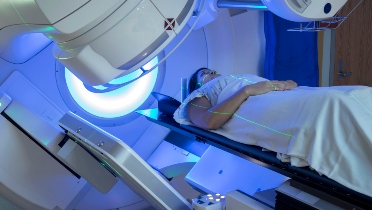
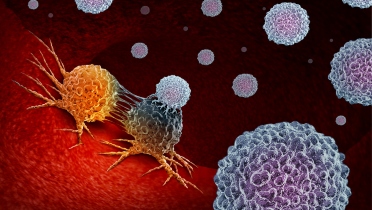




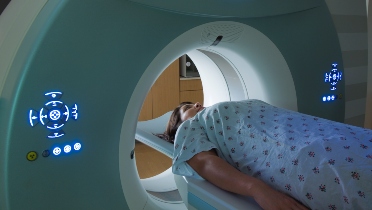







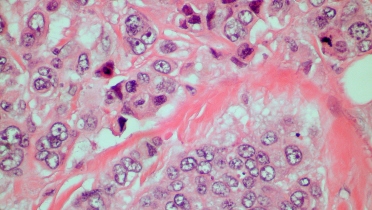
.jpg)

.jpg)

.jpg)
.jpg)
.jpg)

.jpg)


.jpg)


.jpg)
.jpg)

.jpg)
.jpg)
.jpg)
.jpg)
.jpg)
.jpg)
.jpg)
.jpg)
.jpg)
.jpg)
.jpg)
.jpg)
.jpg)
.jpg)

.jpg)
.jpg)

.jpg)
.jpg)
.jpg)

.jpg)
.jpg)
.jpg)
.jpg)
.jpg)

.jpg)

.jpg)
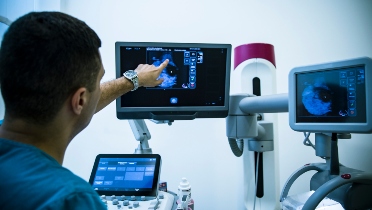
.jpg)
.jpg)
.jpg)
_.jpg)
.jpg)

.jpg)
.jpg)
.jpg)

.jpg)
.jpg)
.jpg)

.jpg)
.jpg)

.jpg)
.jpg)
.jpg)
.jpg)
.jpg)
.jpg)
.jpg)
.jpg)

.jpg)
.jpg)
.jpg)
.jpg)

.jpg)
.jpg)
.jpg)
.jpg)


.jpg)

.jpg)


.jpg)
.jpg)
.jpg)
.jpg)
.jpg)
.jpg)
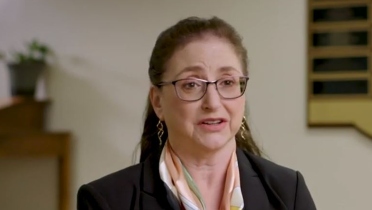
.jpg)
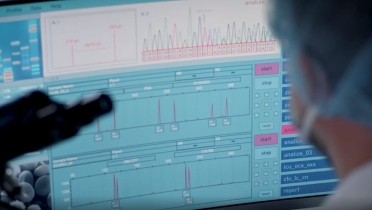
.jpg)


.jpg)
.jpg)
.jpg)

.jpg)
.jpg)
.jpg)
.jpg)
 Featured Breast Cancer Videos
Featured Breast Cancer Videos.jpg)